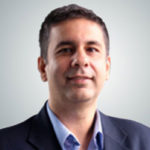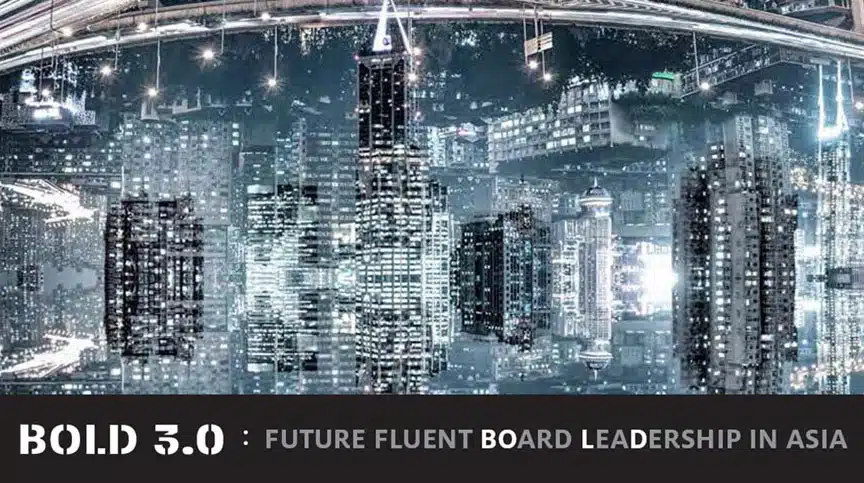Introduction
We are delighted to present the Architecting Future-Fluent Culture: Critical Role of Human Resources research study jointly published by Center for Creative Leadership (CCL)® and Singapore Human Resources Institute (SHRI). This study aims to understand what roles the HR functions must play in order to shape a future-fluent/ready organization culture.
Rapidly evolving business models, technology changes, ease of capital flow, geopolitical pressures, and increasing and different aspirations of new and traditional stakeholders are shaping the landscape of the business environment.
As Asian (and global) organizations continue to grapple with the pace of disruption, while managing their day-to-day operations, they will have to learn how to juggle 2 sets of priorities with seemingly different skillsets and mindsets. Such a shift may need organizations to almost rewire their cultural and operational DNA. Leaders at the helm must also build new capacities and capabilities, and change mindsets around how they “think” and “do” things.
HR has always played a critical role in shaping enterprise culture. There is, however, considerable room to drive more impactful outcomes. While HR has been tasked with leading “anything to do with people,” its role has traditionally been more execution oriented, rather than strategic.
The same applies to the cultural transformation journey in enterprises. HR is “called” into the journey often when the internal dialogue is already past the culture-architecting phase, which means missed opportunities for HR to play a more impactful role.
What must HR do to create a future-fluent culture? What are the must-have capabilities for HR teams as they drive cultural transformation? Should HR play a more proactive role, almost being the “architect” and “guardian” of the organization culture?
The Architecting Future-Fluent Culture research discusses some of these questions, explores responsibilities business and HR must play to create a future-fluent organization, and talks about how HR leaders can develop themselves and their teams on critical capabilities to lead the cultural transformation journey.
The research offers practical tips on how HR can play a more impactful role in preparing their organization for the future, where disruption is the norm. This joint research initiative marks the strengthening of the partnership between 2 like-minded organizations dedicated to developing HR leaders. CCL, one of the world’s most respected brands in leadership development, with deep expertise in running successful open-enrollment, custom engagement, coaching, and online leadership development interventions, all deep-rooted in research, and, SHRI, the national apex body of professionals, committed to enhancing the capability of human resource professionals in Singapore.
This is the second pan-Asia HR thought leadership study published jointly by CCL and SHRI (after the CHRO 3.0 study published in 2017). Through this research, the two organizations take yet another leap forward in expanding the body of knowledge for the HR community in Asia.
We sincerely hope that the study will help HR leaders and their teams shape the culture of future fluency in their organizations. CCL will follow this research up with a programmatic intervention and development journey crafted especially for HR leaders to better prepare them for playing a more central role in shaping the organization culture.
We at CCL and SHRI sincerely hope you find the Architecting Future-Fluent Culture: Critical Role of Human Resources research useful as well as timely, as you prepare yourself, your teams, and your organization to take on the future!
Download Research Report
Download the report now to understand what roles the HR functions must play in order to shape a future-fluent/ready organization culture.










